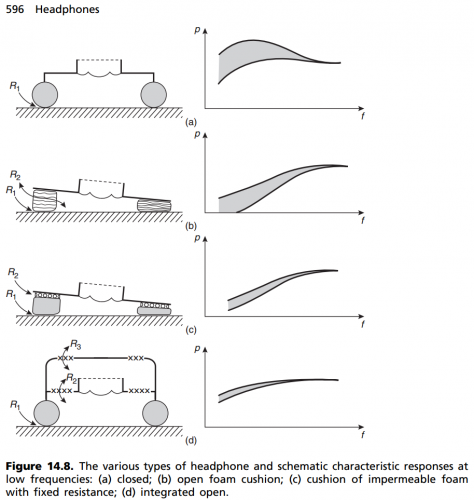Basically, no.
It is technically true that writing to SSD memory will eventually lead to the drive's death, but it takes a lot of data to kill a consumer SSD...
and I do mean a lot.
Tech Report set out to kill some SSDs by writing boatloads of data to them (the linked article was written after the final sample died), and while most users probably aren't going to write more than a couple terabytes per year, every one of TR's samples wrote HUNDREDS of terabytes before failing (note: that is well above what the drives are rated for).
In short, as long as you're using an SSD under semi-normal conditions, you don't have to worry about killing one with data writes.
If it is master recordings, I mean #001 RAW recording, I most definitely do not want to take chances. HDDs fail at a sustainable, non catastrophic rate - if in reasonable RAID configuration.
Audio and video combined for the two last concert recordings amounted to just a bit under 300GB. Two DAYS ...
SSDs of 2TB are simply too expensive - and anything with smaller capacity is, for all practical purposes, too small to consider to use under RAID.
There is a reason why USAF flew, basicaly, 286 ( or whatever2XY) processors, despite newer, more powerful ones were available.
RELIABILITY - and ironing out all the teething troubles. Computer geeks might be tempted to fiddle with SSD - I will wait until it is proven by time.
What good did the analog tapes from the 80's compared to older stuff ? Yes, one could put MUCH hotter signnal on it, more treble, prior to saturation ; but after a few decades, these new tapes can - disintegrate in your hands to dust, whenever the old stuff still works as intended. See what I mean ?














![20170926_002750[1].jpg](https://cdn.head-fi.org/a/10005832_thumb.jpg)







